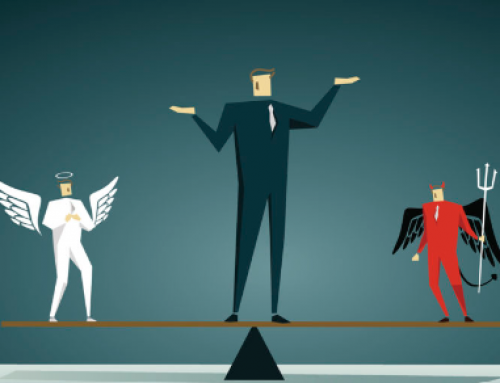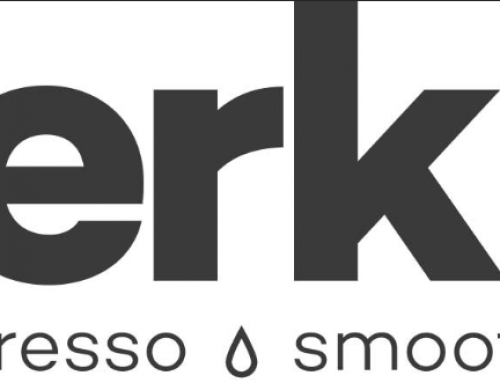International Women’s Day (IWD) was earlier this month. It was a day where my LinkedIn feed was full of posts from men, women, and non-binary people expressing many emotions; empowerment, gratitude, frustration, happiness, sadness, anger, and inspiration. Many of those emotions or feelings seem to contradict one another. But I think in this case all are valid simultaneously.
I attended an online EV Summit webinar, titled “Empowering Electric Women” – and it did just that! When the webinar ended, I felt empowered, inspired, and excited by the difference women are making in a very male dominated EV sector. Topics discussed involved ways of improving marketing within the EV sector, for both electric vehicles, charging infrastructure, and government grants, hiring more women into the sector, and making sure EVs are accessible, affordable and safe for EVERYONE.
Here are some takeaways I found from International Women’s Day. Some of which were new to learn, others not so new but equally as important to be aware of.
REMOVE THE JARGON!
This point was made by numerous women on the EV Summit webinar. Automotive and EV companies alike need to work at simplifying the language they use. When deciding on what EV to buy/lease there is so much jargon to wade through before finding the information that is needed and makes sense. Why would someone without an electric background need to know how many kwh an EV has? Yes – this might be important to someone with a technical background, but for an ordinary person with no prior experience of EVs, this just causes confusion and can be off-putting. Instead tell the potential customer, the range, and cost of the EV, the location of chargepoints, how long it will take to charge, and the cost of charging (I know the last two points depend on the chargepoint used but some examples to present to the customer in comparing it to a petrol/diesel vehicle would be useful). All in all, make the buying/leasing experience of EVs more user-friendly.
Electric vehicle companies need to work at removing the jargon and putting it into words that can be understood by everyone, with or without an interest in EV. If the goal is to eventually remove all ICE vehicles from the roads, there should be a shift in the tone of voice used when selling EVs/promoting the transition to an EV. Empathetic language will appeal to more women.
SAFETY!
I’ve heard several stories from women left feeling unsafe and vulnerable whilst charging their EV. With chargepoints often poorly lit, lacking CCTV, with no human footfall, often in an unfamiliar area when charging on the go, and frequently situated behind a petrol station, or in a dark alley way.
Kate Tyrrell, who was on the EV Summit panel had experienced this a number of times. She decided to provide a solution. Kate is the CEO and Co-Founder of Chargesafe. Chargesafe have aimed to inspect every chargepoint in the country, allowing women to see the safety of chargepoints before they arrive at them. Not just being beneficial to all EV drivers around the country allowing them to know what chargers to avoid/be wary of, but also to put pressure on the charge point operators to improve the current infrastructure and set the standard for the future.
The ratings are scored on; the environment (is it well lit, are there people near-by), near-by facilities, the chargepoint (is it working), accessibility (would someone with a disability be able to access the chargepoint easily), and ease of payment.
INNOVATION!
This seems an obvious point when working in such an innovative sector. Seeing the work women are doing in the sector to improve diversity, whether that be the workforce or on the consumer side. As mentioned above there are currently issues regarding safety, marketing information surrounding government grants and the benefits of EVs to women. Seeing and hearing of people addressing these issues through founding companies, or focusing on changing the language of how we talk about EVs, will help to overcome these barriers.
AFFORDABILITY!
The number one barrier to transitioning to an electric vehicle is the cost. With this known it is important that government grants are also known by everyone not dependent on gender. Research shows that 62% of women are not aware of EV grants provided by the government – significantly more than men. Similarly, significantly more women were not aware of the ban of ICE vehicles by 2030 compared to men. This has nothing to do with intelligence! This must be based on where/how the EV grants are marketed. Without the knowledge of the available grants for switching to an EV, fewer women will make the switch as it seems less affordable.
There are banks and finance companies that are working to provide a turnkey solution with leasing and renting options, salary sacrifice schemes, financing, suggestions on energy companies to switch to, friendly for home charging, companies to buy and install a home charger from, and information on how and where to charge on the go.
There are also companies completely dedicated to EV Subscription, offering a hassle free option, choose the car, choose the term, click and collect. Removing the barriers through a gender neutral service at Electric Zoo (who also have more women than men in their team – definitely something to celebrate in this sector!).
CELEBRATE WOMEN EVERYDAY NOT JUST INTERNATIONAL WOMEN’S DAY!
I saw a lot of anger and frustration throughout social media on IWD, suggesting that this day shouldn’t be necessary in 2022. Women should be celebrated, championed, and empowered every day not just on International Women’s Day.
CELEBRATION OR POSITIVE PUBLICITY?
I saw numerous companies (not specifically within the cleantech sector) who took to Twitter to celebrate International Women’s Day. There was another Twitter account retweeting each of the companies’ celebratory tweets, then quoting the company’s gender pay gap from government data. The majority of these were shocking to see, with the gender pay gap difference exceeding 40% in many cases. I think this really does show that some companies use International Women’s Day as a marketing plug, to make them seem, on the surface, a company who deeply cares about women’s rights and equality, when unfortunately, still in 2022 this isn’t always the case. International Women’s Day should be a time to celebrate women, address the issues faced by women, and work towards an equal and equitable society!
A POSITIVE FUTURE!
I’m aware that in this blog I may have drawn attention to a lot of the issues the sector/wider society face, but let’s not forget how great this sector can be too! With companies such as Electric Zoo, who have hired more women than men. I do think we are heading in the right direction in creating a more diverse, welcoming, inclusive, and equitable sector. Let’s use the issues we are currently facing to fuel (or charge) the cleantech sector’s move to a more diverse, inclusive, and equitable future.
DIVERSIFY THE WORKFORCE!
Research the benefits! There are way too many to list! A diverse workforce brings different perspectives, different perspectives, bring innovative ideas, innovative ideas, bring company success, company success brings financial gain. A diverse and inclusive workforce also brings a lower employee turnover, not just having a positive impact on the company, but also reducing hiring costs! Diversity brings positives, both morally and financially why wouldn’t you want a diverse workforce?!
At Hyperion Executive Search, we work exclusively within the cleantech sector. I hope that we as a company can play our part at bringing more women into the sector to help to diversify it. Let’s face it, the sector would benefit hugely if the workforce within it were representative of society.
If you’re looking to get into the cleantech sector, drop me a message or email (Emma.Beaver@hyperionsearch.com) and let’s have a chat! Whether it’s to get a better understanding of what’s going on in the sector at the minute, understand the opportunities that we are currently recruiting for, or if you are looking to grow your team.
By Emma Beaver


